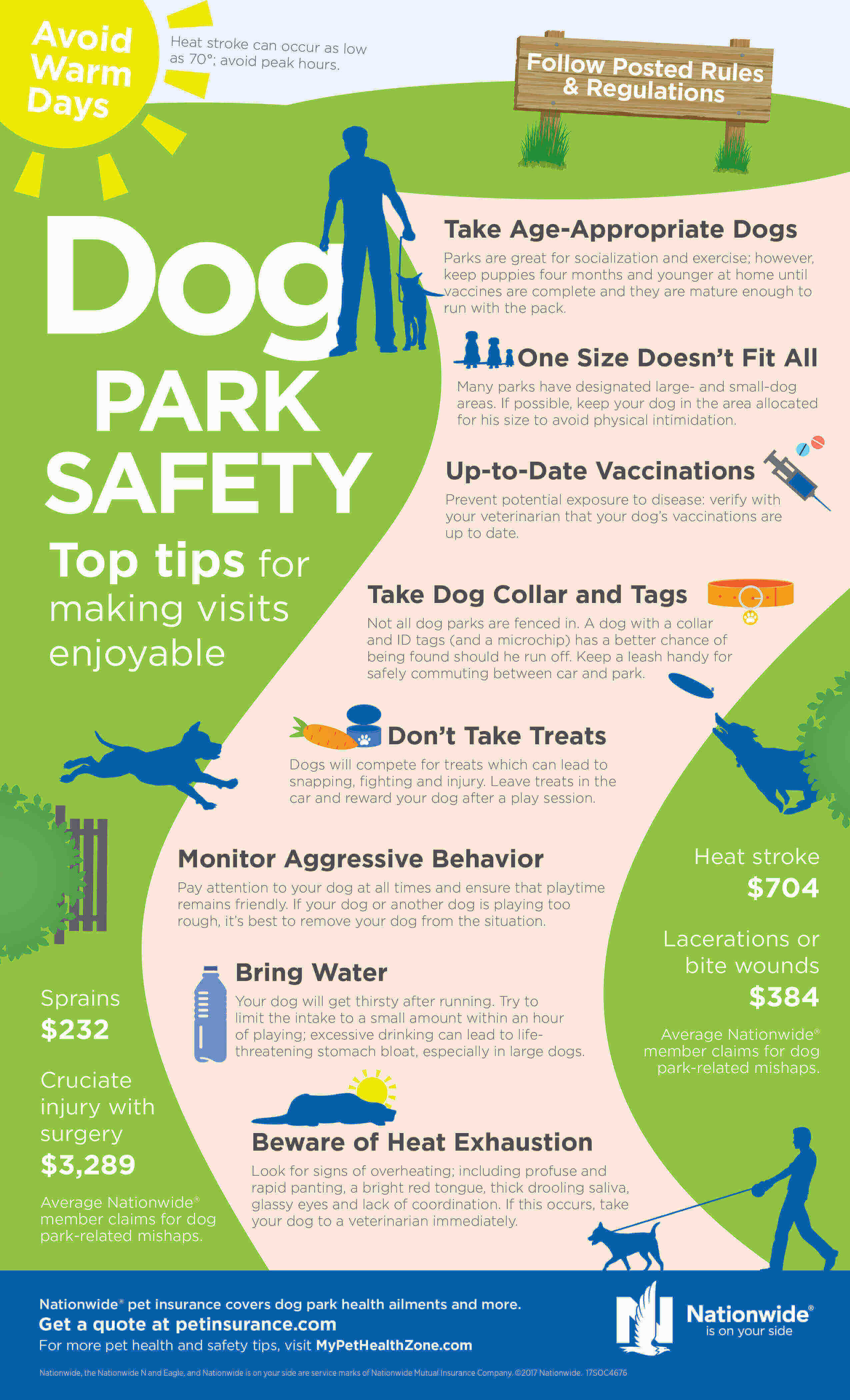Can You Adopt A Dog For Free
Can You Adopt A Dog For Free
Blog Article
Can Dog Daycare Cause Ailment?
Pets in day care get lots of workout, socializing with other dogs and one-of-a-kind experiences. This can be especially valuable for puppies and dogs with behavior problems.
There are several legal considerations you need to think about when beginning a doggy daycare company. These consist of the framework of your organization and conformity with government regulations.
1. Dog Distemper
Canine distemper is spread with straight contact with the physical liquids and waste of a contaminated dog, but it can also be transmitted through common water and food bowls or with air-borne beads. This very transmittable ailment is most dangerous for puppies, but it can impact canines of any type of age and is fatal for a lot of if left without treatment.
First signs and symptoms of canine distemper often mimic a common cold, including runny eyes and nose with watery or pus-like discharge. As the disease progresses, a canine will develop fever, coughing, decreased appetite, vomiting and diarrhea. The virus can also attack the nervous system, resulting in seizures, twitching and partial or complete paralysis.
Reliable daycares reduce exposure to infection by requiring vaccinations, regular health examinations and adhere to rigorous health procedures. If your puppy seems overly weary or hopping, a day off might assist him recover, yet you need to prevent taking him back to day care up until these symptoms clear up.
2. Kennel Cough
Kennel coughing, additionally referred to as contagious canine tracheobronchitis or Bordetella, is an extremely contagious viral or bacterial condition that influences the breathing tract. It's typically transferred via the exchange of saliva or air beads that an ill canine exhales. Social pets go to greater danger for infection due to their frequent communication with each other, such as when they play, share food or water, sniff one another or merely fulfill in a congested environment like a pet park or day care.
The most common sign of kennel cough is a persistent and strong coughing that sounds like something stuck in the throat or retching. Usually, pet dogs will divulge frothy white phlegm. If left without treatment, a pet dog can develop pneumonia and be at significant danger for life.
A reliable daycare center ought to have strict cleansing and cleanliness protocols, disinfect all toys, food and water bowls regularly, and be open concerning their inoculation policies. Maintaining your canine up to day on their vaccinations, specifically for bordetella and canine flu, will significantly reduce their opportunities of acquiring the illness.
3. Parvovirus
Canine parvovirus, or parvo, is a very infectious viral illness that can be harmful for young puppies and young adult pet dogs with poor body immune systems. It's most typically spread out by straight contact with contaminated pet dog feces-- which can happen when pets sniff, lick, or preference infected feces-- and indirectly from contaminated individuals, objects, or atmospheres (like kennels, grooming areas and yards). Pups and pet dogs without complete inoculation histories are particularly susceptible to parvo.
The infection is incredibly resistant, making it through in the setting for as much as nine years, and can quickly be moved between pets by get in touch with through feces or on footwear, clothing, and bed linen contaminated with parvovirus. Otherwise dealt with right away with IV fluids, electrolyte balance, throwing up control medicines and anti-biotics to avoid second bacterial infections, a pet will rapidly dry out and develop extreme diarrhea, which causes shock and sepsis. Parvo is challenging to heal when a pet has come to be ill, but with proper veterinary care, several puppies do endure this illness.
4. Dog Flu
Canine influenza infection is highly transmittable and spreads through direct call, sharing food and water bowls, licking or nuzzling other pet dogs, through airborne beads, and through polluted surface areas. Vaccination works in reducing the danger of infection and episodes.
Many impacted dogs establish a light respiratory infection with a cough that lasts 1-3 weeks. They might also have nasal and ocular discharge, sneezing, and sleepiness. Some of the most severe cases result in pneumonia and a high fever.
If your pet dog shows any of these symptoms, do not bring them back to day care up until they are healthy and balanced. If your canine is showing indicators of severe fatigue or hopping, talk to your vet as soon as possible and make sure they are on health supplements to assist construct their immunity. A veterinarian will examine your pet for symptoms of the flu by taking an example from the nose or throat, and blood examinations can dog overnight boarding near me be done to validate.